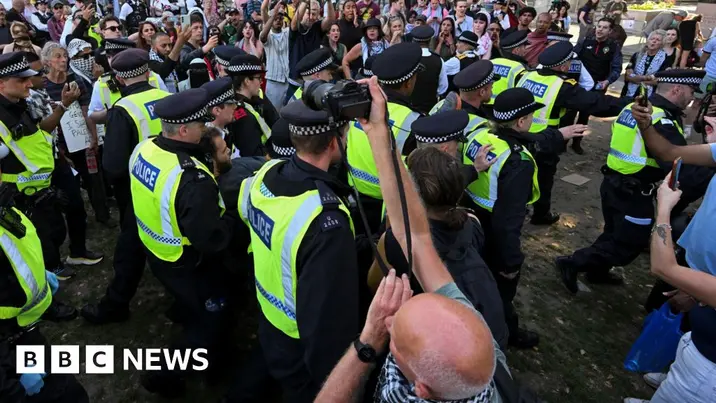T4K3.news
Palestine Action ban defended amid rising arrests
Yvette Cooper defends the ban as police report hundreds of arrests and ongoing prosecutions
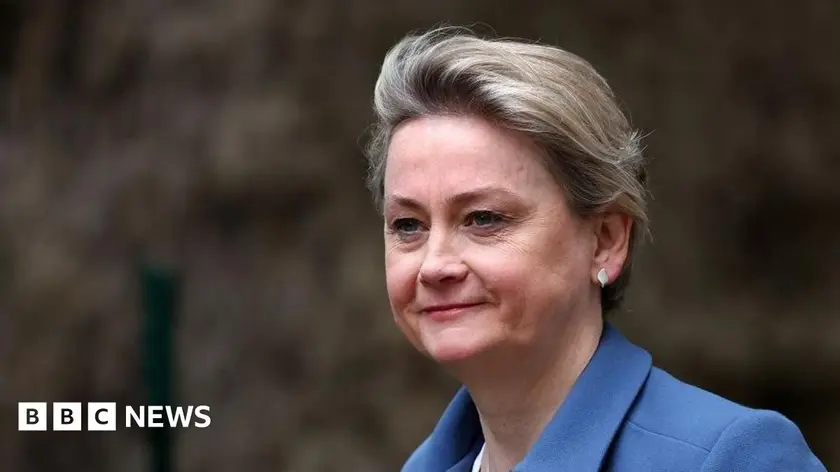
Yvette Cooper defends banning Palestine Action as police report hundreds of arrests and ongoing prosecutions.
Palestine Action ban defended amid rising arrests
More than 700 people have been arrested since the government banned Palestine Action on July 5. The group has focused on arms companies since the Gaza war began, and more than 500 arrests occurred at a central London demonstration last week. In Norwich city centre, 13 people were detained after a protest, and the Met says more prosecutions are expected in the coming weeks as forces prepare to handle thousands of cases. London police say arrangements are in place to investigate and prosecute significant numbers each week if necessary.
Cooper cites the June damage to jets at RAF Brize Norton as a key reason for the ban. She notes there were other incidents claimed by the group and points to an Underground Manual she says encourages the creation of cells, target identification, and evading law enforcement. Cooper argues these elements show the group is not a legitimate protest organization and says some supporters are drawn by Gaza humanitarian concerns without understanding the group’s true aims.
Key Takeaways
"These are not the actions of a legitimate protest group."
Cooper justifying the ban
"The Underground Manual encourages the creation of cells and target identification."
Cooper describing the group's manual
"Some supporters are following Gaza concerns without knowing the group's true nature."
Cooper on public perception
"The group caused an estimated £7m of damage to jets at RAF Brize Norton."
Reported incident linked to the ban
The move reflects a broader trend of using legal tools to curb protests tied to international crises. By linking a private security risk to a political message, the government frames the issue in security terms, potentially tipping the balance between public order and civil liberties. Critics may worry that bans set a precedent for suppressing dissent, while supporters argue the state must act against groups that blur the line between advocacy and violence. The coming weeks will reveal how enforceable the ban is in practice, and whether legal challenges will test its scope and proportionality. The case could shape how future protests are policed in a country that prizes free expression but also seeks to deter violence and damage to national assets.
Highlights
- Actions shape perception more than words.
- Protest must persuade not provoke violence.
- Security and rights must walk together.
- Courage is not the same as vandalism.
Political and civil liberties risk from ban
The ban intertwines security measures with political protest. It raises questions about civil liberties and the risk of chilling dissent, while provoking potential legal challenges and public backlash.
The outcome will influence how future protest actions are policed and challenged in courts.
Enjoyed this? Let your friends know!
Related News
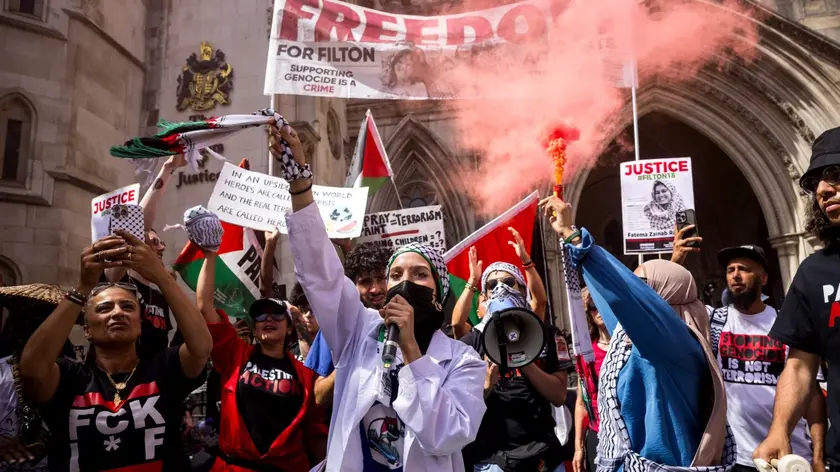
UK government bans Palestine Action amid rising support
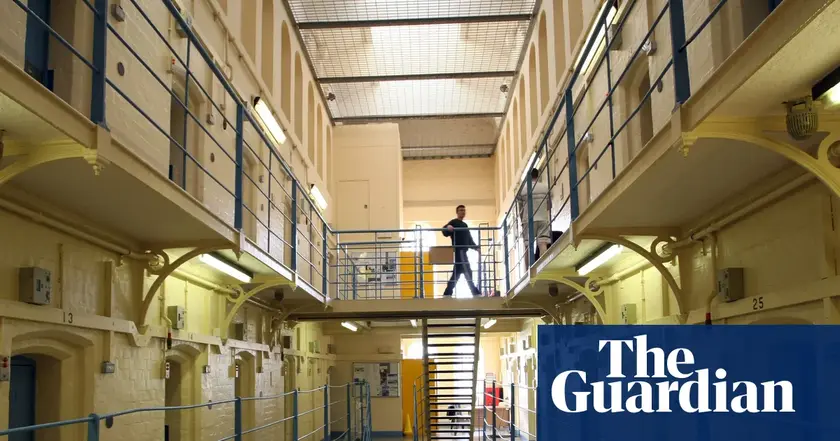
Authorities prepare for protests across England this weekend
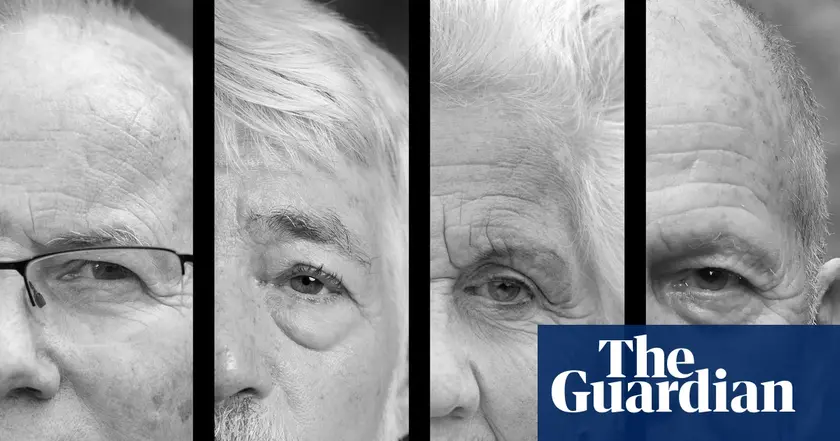
Protesters defend free speech amid anti-terror ban
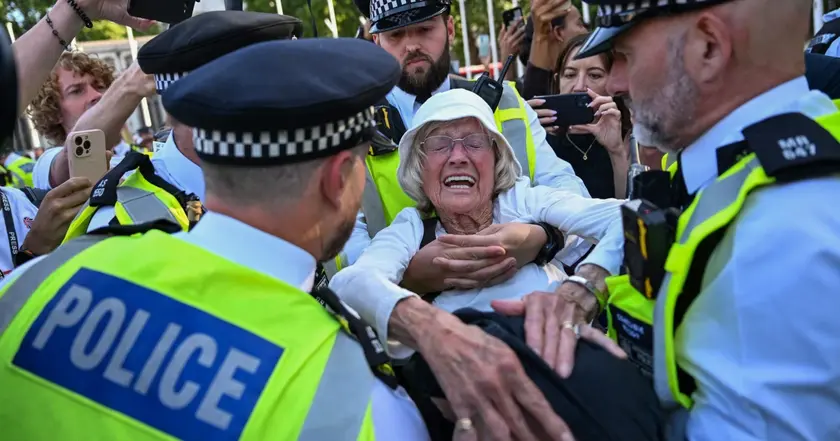
London arrests 474 protesters over new Palestine Action ban
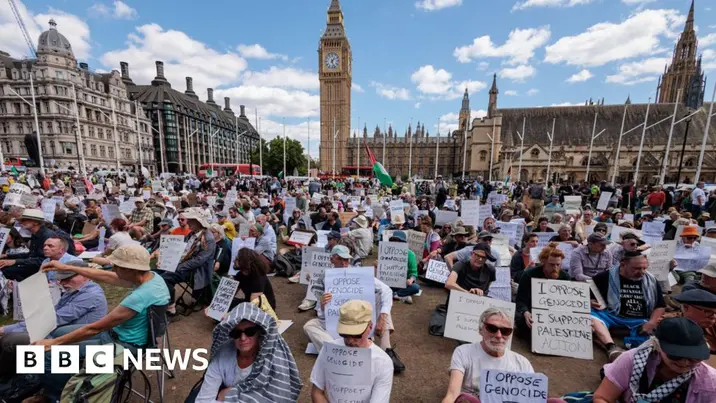
London protest arrests rise to 532
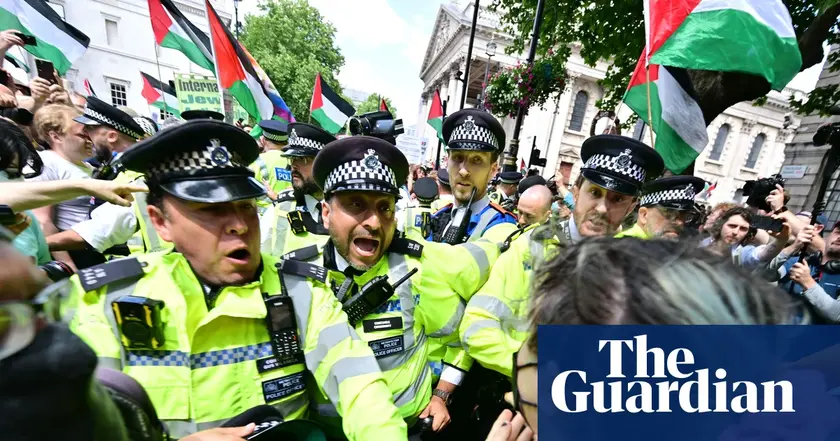
Police warn of mass arrests at Palestine Action protest
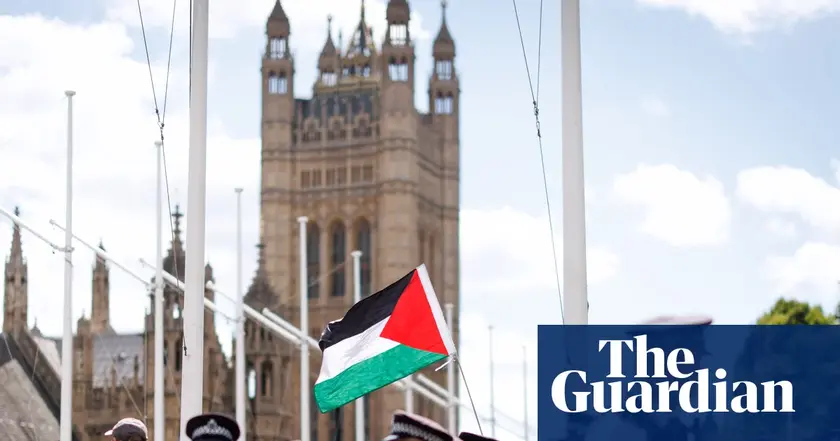
London protests after Palestine Action ban
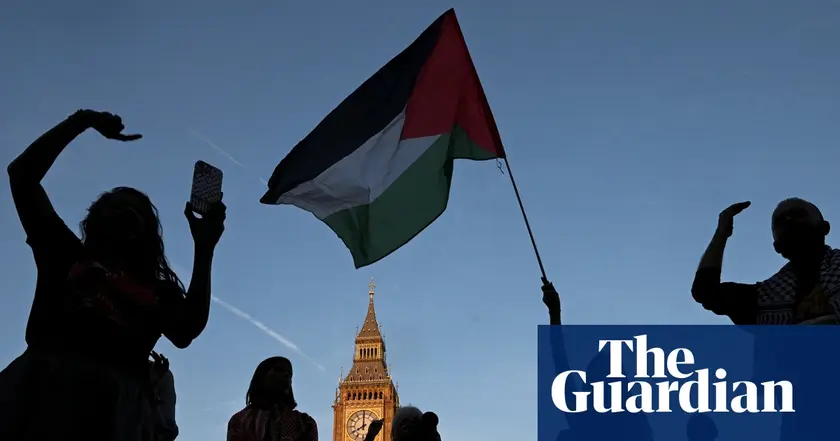
Labour peers question Palestine Action ban
